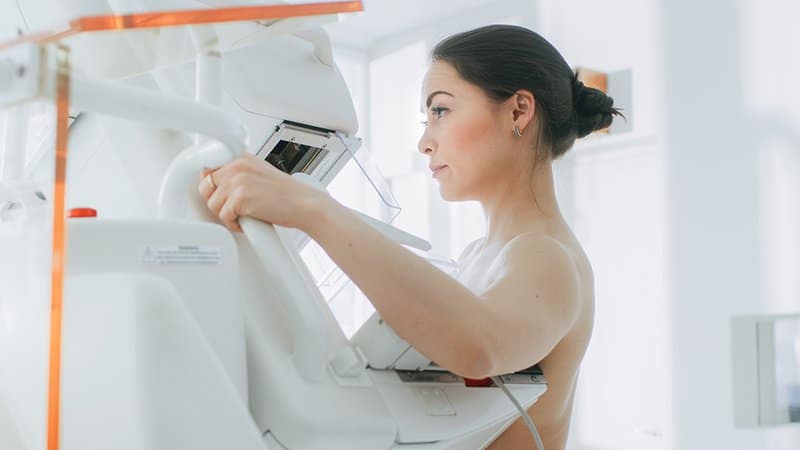A study examined the prevalence of pathogenic variants of BRCA1 or BRCA2 among polish patients with breast cancer, using next generation sequencing and data interpretation platforms such as OncoKDM.
Due to the high incidence of breast cancer worldwide and its relatively high mortality and morbidity, it is important to implement appropriate screening tests which enable rapid and efficient mutation screening in the BRCA1 and BRCA2 genes. One approach to BRCA1 and BRCA2 mutation testing is the sequencing of all coding regions using next-generation sequencing (NGS). The main advantage of this method is its potential to detect not only founder mutations, but also other ones, including both frequent and rare pathogenic changes.
In Poland, the Franciszek Lukaszczyk Oncology Center carried out a study to assess the need for rare BRCA1/2 variant detection using NGS. The research project studied 75 breast cancer patients carefully selected in the Polish population. The enrolled patients came from families with hereditary breast and ovarian cancer syndrome and they tested negative for the 5 most common BRCA1 mutations (c.5266dupC, c.181T>G, c.4035delA, c.68_69delAG, c.3700_3704delGTAAA).
The study used OncoKDM – among other bioinformatic NGS software programs – to analyze the FASTQ files. OncoKDM detected 9 pathogenic variants in 8 of all the 75 cancer tissue samples, of which 1 was somatic and 8 were germline variants. The results showed 100% correlation between the programs used and established that tertiary analysis performed with different tools was more likely to give the same outcome if the files received from secondary analysis use the same method.
In brief, the study emphasized the importance of an NGS validation with a bioinformatic procedure, the necessity of screening both somatic and germline mutations, and the urgent need to identify additional susceptible genes – using NGS technology and data interpretation platforms such as OncoKDM – in order to explain the high percentage of non-BRCA-related hereditary cases of breast cancer.

